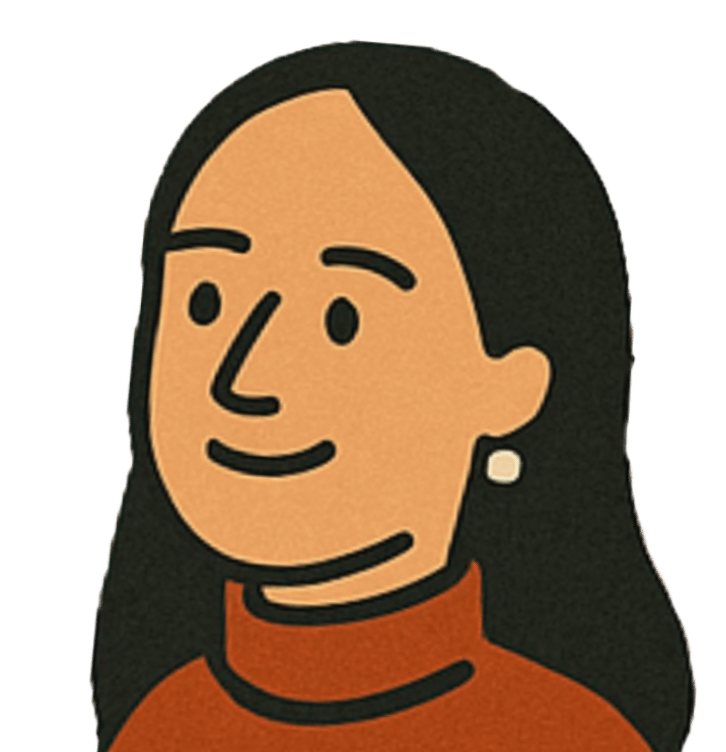Academic programs are approaching an inflection point. Just as artificial intelligence has progressed from simulation, to learning from human data, and now to workflow-driven systems, formal education faces a parallel transformation. The long-standing model of front-loaded knowledge acquisition is increasingly insufficient for preparing students to thrive in an uncertain, innovation-driven economy.
We argue that education must now enter the Era of Experiential and Heuristic Learning, where learning becomes inseparable from action, iteration, and tangible impact. In this phase, students learn not only from what they are told, but from what they attempt, revise, and accomplish.
The Simulation Approach
For much of its history, formal education operated in a world of simulation: lecture halls, textbooks, problem sets, and timed exams. These environments modeled real-world reasoning without requiring students to engage with the world directly.
Simulation enabled scalable instruction, standardized evaluation, and broad participation. But it also introduced trade-offs. Success was measured by performance in controlled academic settings, not by fluency in dynamic, real-world systems. Students learned to optimize for grades rather than to engage with ambiguity, context, or consequence.
Project-Based Learning
Project-based learning, internships, design sprints, entrepreneurship bootcamps, and capstone experiences introduced curated versions of real-world activity into academic curricula: snapshots of how problems are solved, teams are led, or ventures are launched. These reforms brought distilled, practice-based experiences into the classroom.
However, the quality of this project-based learning often depends heavily on the institution's network with companies and nonprofits. Programs with strong ties to industry partners can provide richer, more relevant, and better-scaffolded experiential opportunities. In practice, these high-quality projects are often concentrated in elite universities, where long-established alumni networks and exclusive industry relationships create a pipeline of privileged access.
Experiential and Heuristic Learning
To bridge the gap between academic learning and economic participation, we now need to move beyond isolated reforms and adopt experiential education as the foundation, not the garnish.
This means reimagining how academic programs are designed. Experience needs to be built into the core structure: not as an optional internship, a final-semester capstone, or a peripheral co-curricular activity, but as an integrated, developmental thread throughout the academic program.
We aim to build sustainable infrastructure and develop human intelligence in the AI era:
- •Projects where students engage with real data, open-ended problems, and societal needs as part of their formal education.
- •Experiences where students develop industry-relevant heuristics that go beyond academic knowledge.
- •Ecosystems where faculty and practitioners work alongside students as co-investigators and mentors.
Building Toward Scalable, Equitable Experiential Learning
We are actively working to realize what we believe is the future of education. Beyond the Wolfram Summer School, we've collaborated with academic departments, career services, and professional societies to deliver guest lectures, hands-on workshops, and mini credentials that support students' formal learning, career readiness, and faculty and staff development.
Challenges in Scaling Experiential and Heuristic Learning
As we expand this mission through our Academic Innovation Support (AIS) team, we've encountered recurring challenges faced by the community:
Collaboration Menus Are Too Narrow
When we engage with schools and programs, we're often handed a familiar list of collaboration models: internships, recruiting pipelines, and sponsorship tiers. While we value internships as powerful avenues for real-world learning, not every company has the hiring demand to support large cohorts.
Scattered Efforts Need Deeper Integration
We've successfully delivered many workshops, guest lectures, and mentoring sessions across universities. We envision working with institutions by co-designing curricula where experiential learning is embedded into every semester, across degree stages. We want to support structured check-ins, integrate student feedback loops, and facilitate longitudinal engagement with student cohorts to refine our shared efforts over time.
Collaboration in Action
We are deeply grateful for the openness and enterprising spirit we've encountered across universities and professional organizations. A few of these include:
American Chemical Society, American Physical Society, Bradley University, Chicago Quantum Exchange, Cornell University, Georgetown University, Indian River State College, Mayo Clinic, Massachusetts Institute of Technology, Milwaukee School of Engineering, North Carolina State, Northwestern, New York Institute of Technology, Randolph College, Texas A&M University, Touro University, University of Illinois Urbana-Champaign, University of California, University of Chicago, University of Cincinnati, University of Florida, University of Houston, University of Michigan, University of North Carolina, University of Pittsburgh, University of Southern California, University of Washington, and many more.
Together, we are shaping a future of education that is more dynamic, inclusive, and grounded in action.
